Managing Personality-Company Culture Clashes in the Workplace
- Marty Jalove

- Mar 18, 2024
- 4 min read
Workplace dynamics are influenced by a myriad of factors, with the leading drivers being the unique mix of personalities and the company culture. When individuals' personal values, attitudes, and approaches clash with the established norms of their workplace, it can lead to conflict, stress, and a decrease in productivity. In this article, I hope to provide an in-depth exploration of how to manage and resolve personality-company culture clashes in the workplace, aiming to assist HR professionals, team leaders, managers, and company founders.
In any work environment, the combination of different personalities and the established company culture can create situations of both synergy and dissonance. This dynamic is instrumental in determining the organization's morale, productivity, and overall success. Personality-Company Culture clashes are not merely irritants; they can be serious disruptors with the potential to steer a company off course. Let’s address this crucial issue head on and uncover ways to manage these clashes to foster a positive and productive working environment.
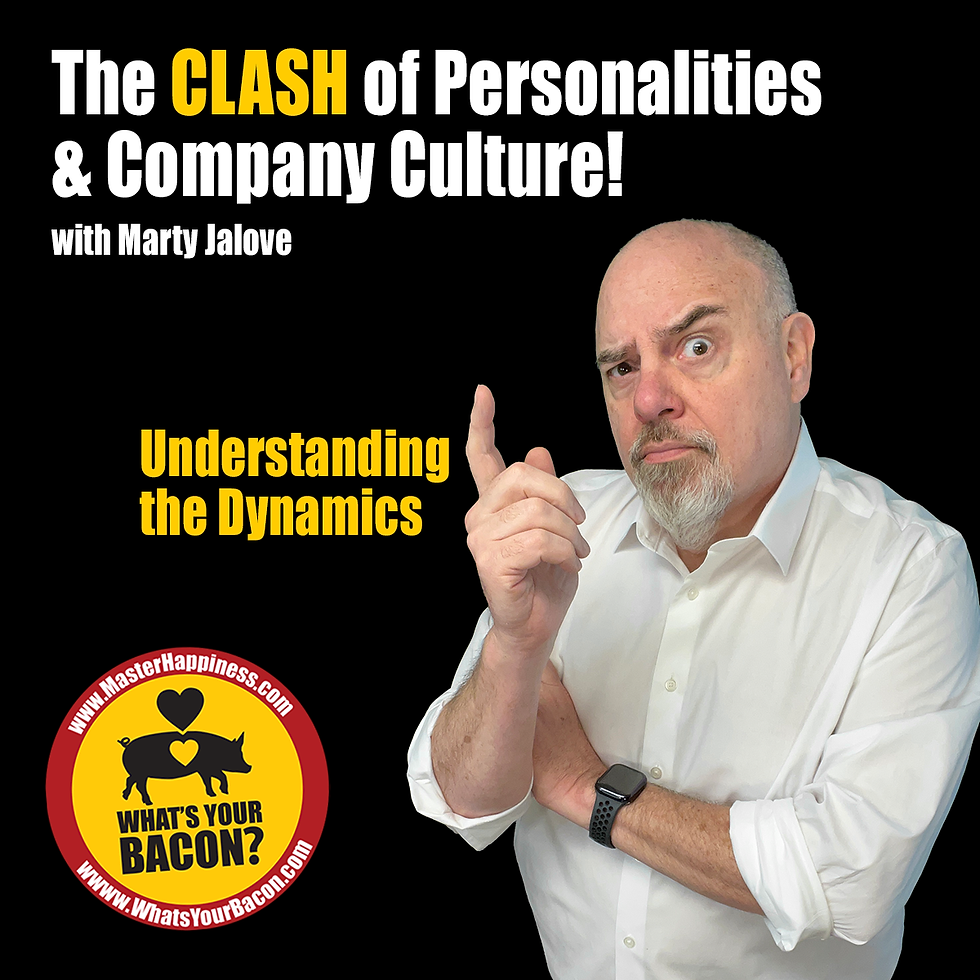
Understanding the Dynamics
To effectively handle clashes between personalities and company culture, we must first understand the roles each play in shaping the workplace environment.
Company culture encapsulates the core values, behaviors, and shared vision that govern operations and interactions within a business. It acts as the guiding light for employees, fostering a collective identity and purpose.
On the other hand, personal attributes and behaviors define the unique character that employees bring into the equation. These include communication styles, adaptability, and work ethics, which, when aligned with the company culture, promote consistency and proper performance. However, misalignment can lead to tension, misunderstandings, and a struggle for dominance.
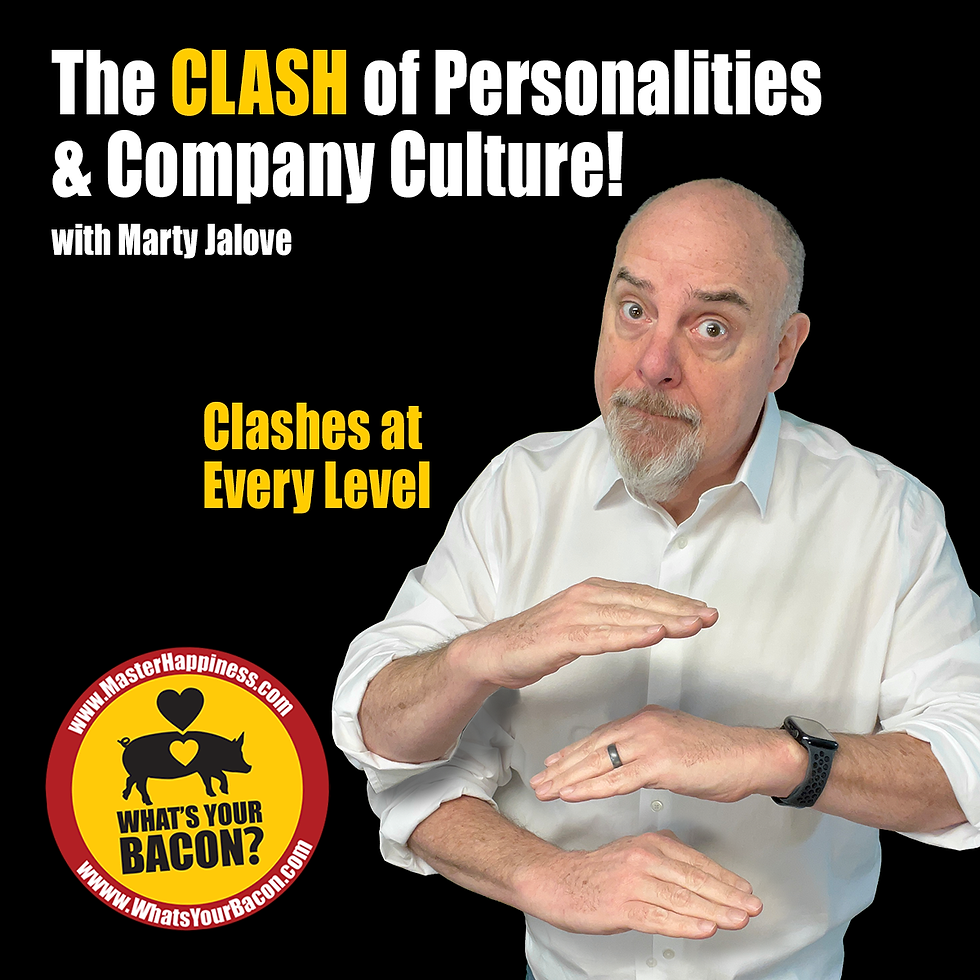
Clashes at Every Level
The complexity of the workplace dynamic is often dictated by the conflicts in personal and cultural facets across various levels of the organization.
For instance, small business owners might find that their personal values don't seamlessly fit within the company culture they aim to create, leading to internal conflict and uncertainty for the employees.
In larger corporations, these mismatches can be exacerbated when managers or team leaders embody a set of values that starkly contrast with that of the top leadership. This can result in confusion amongst staff and a lack of unified direction.
Furthermore, if employees feel the need to conceal elements of their personalities in favor of the company culture, morale and trust can dwindle, leading to covert conflicts within the ranks.
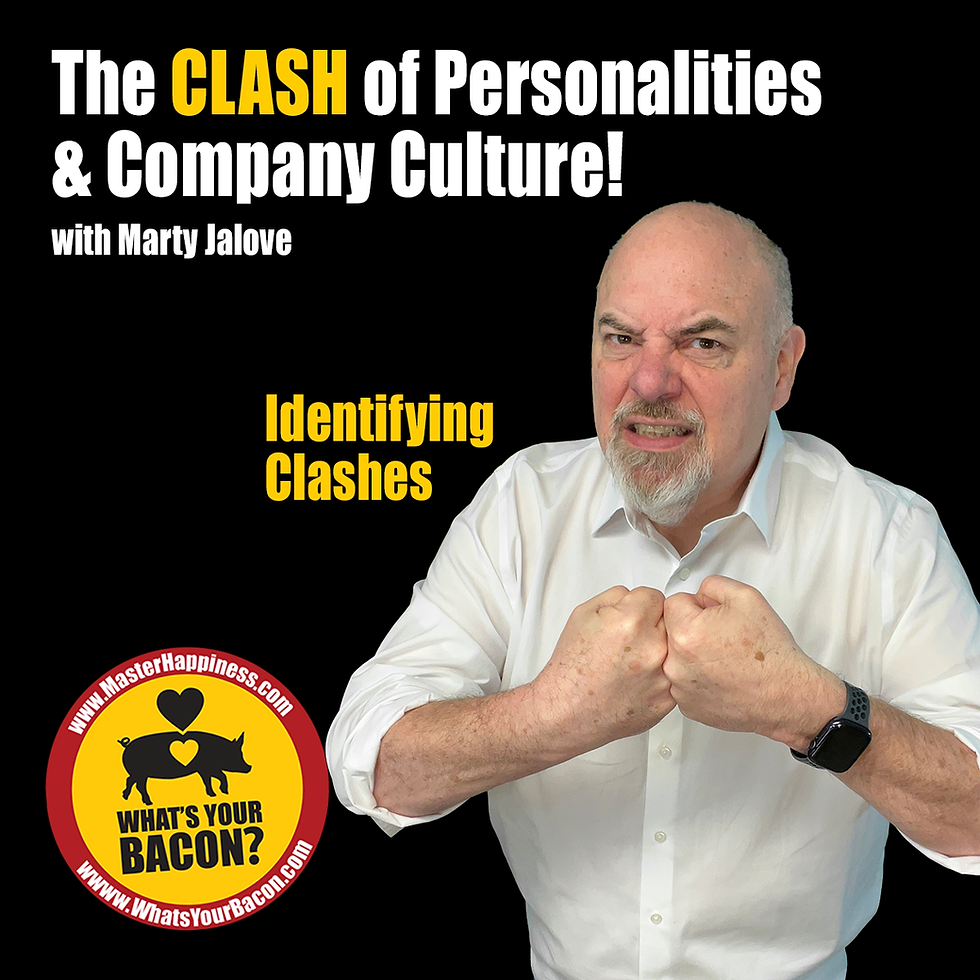
Identifying Clashes
It's not always straightforward to pinpoint where personal-professional clashes are occurring. However, there are indicators that should prompt an investigation into potential mismatches. These include a noticeable drop in employee engagement, an increase in conflicts, and a growing reluctance to openly discuss issues or ideas.
In addition, key team performance measures may reveal inconsistencies that suggest a lack of unity. The HR department and management play a vital role in monitoring and addressing these symptoms, as they can have a significant impact on team morale and overall productivity.
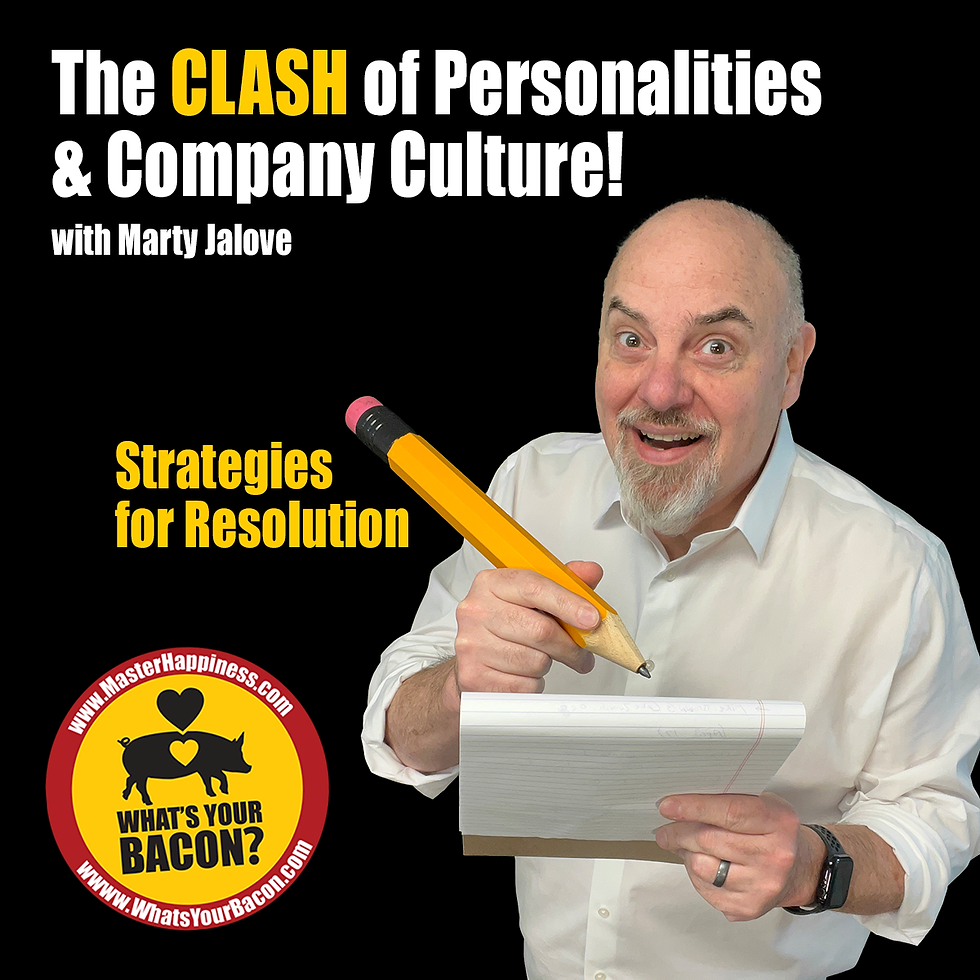
Strategies for Resolution
Resolving clashes between personalities and company culture requires a multi-faceted approach. Transparency, communication, flexibility, and emotional intelligence are crucial elements that can help bridge the divide.
Fostering open and respectful communication channels is the first step in acknowledging and understanding the source of the conflict. Regular company-wide meetings, top-level discussions, and structured individual sessions can provide the platform for such dialogues. It is important that the resolution process involves the affected parties, allowing them to voice their concerns and perspectives.
Flexible policies that accommodate different working styles and personal needs can help ease the pressure caused by these clashes. This could include alternative work arrangements, tailored career paths, or adjusting role expectations to better align with individual strengths.
Team-building exercises and training programs can also contribute to resolving clashes and fostering a more harmonious work environment. Such initiatives can help employees develop a better understanding of one another's personalities, as well as the company culture.
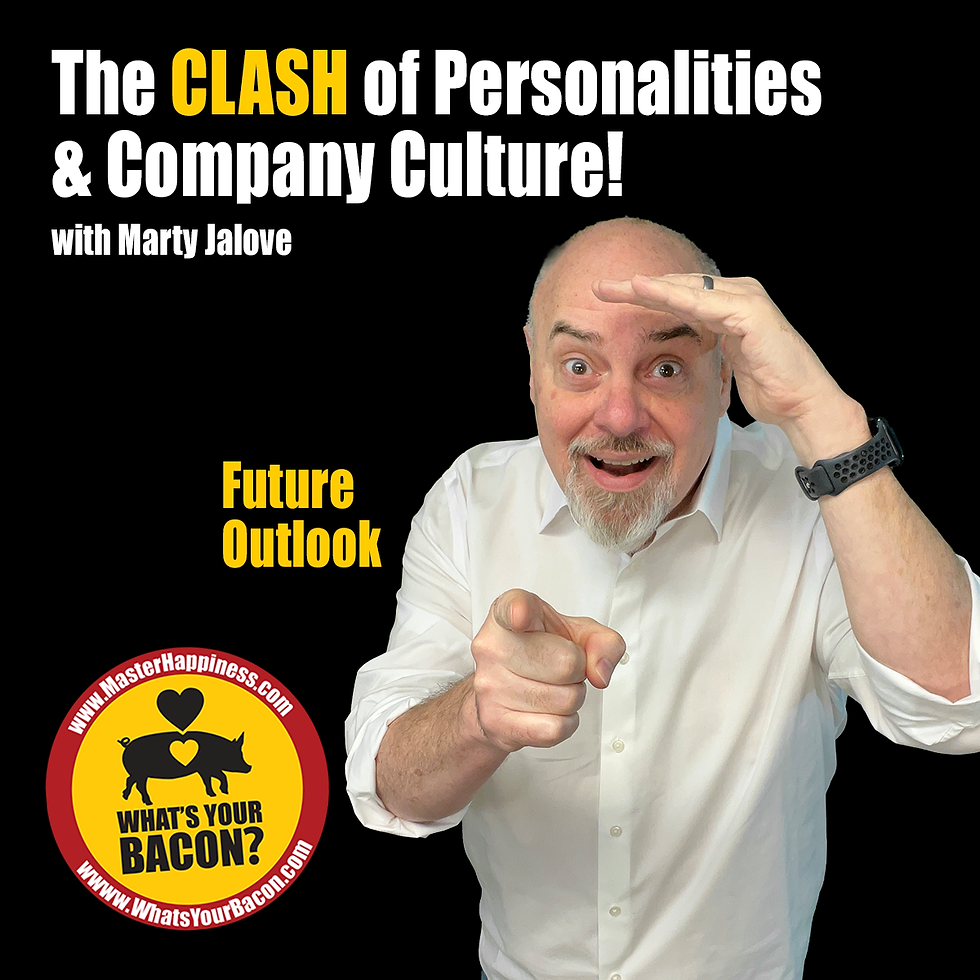
Future Outlook
The modern workplace is witnessing a shift in how companies view and address personality-company culture clashes. With a growing emphasis on diversity and inclusion, organizations are becoming more proactive in managing and leveraging differences to drive innovation and performance.
Trends also point towards a more fluid and adaptable approach to company culture, one that can evolve alongside the changing workforce and market demands. This means that clashes will continue to be an issue but can also be seen as an opportunity for growth and learning.
Addressing personality-company culture clashes requires a dedicated, collaborative effort. By recognizing the importance and the interplay of these elements, and by implementing the strategies outlined above, companies can foster a workplace environment where every individual can thrive.
Managing Personality-Company Culture Clashes in the Workplace
It is clear that the coexistence of varied personalities and company culture is an unavoidable challenge in any workplace. However, by recognizing their impact and taking proactive steps to manage any potential clashes, organizations can ensure a healthier and more productive work environment.
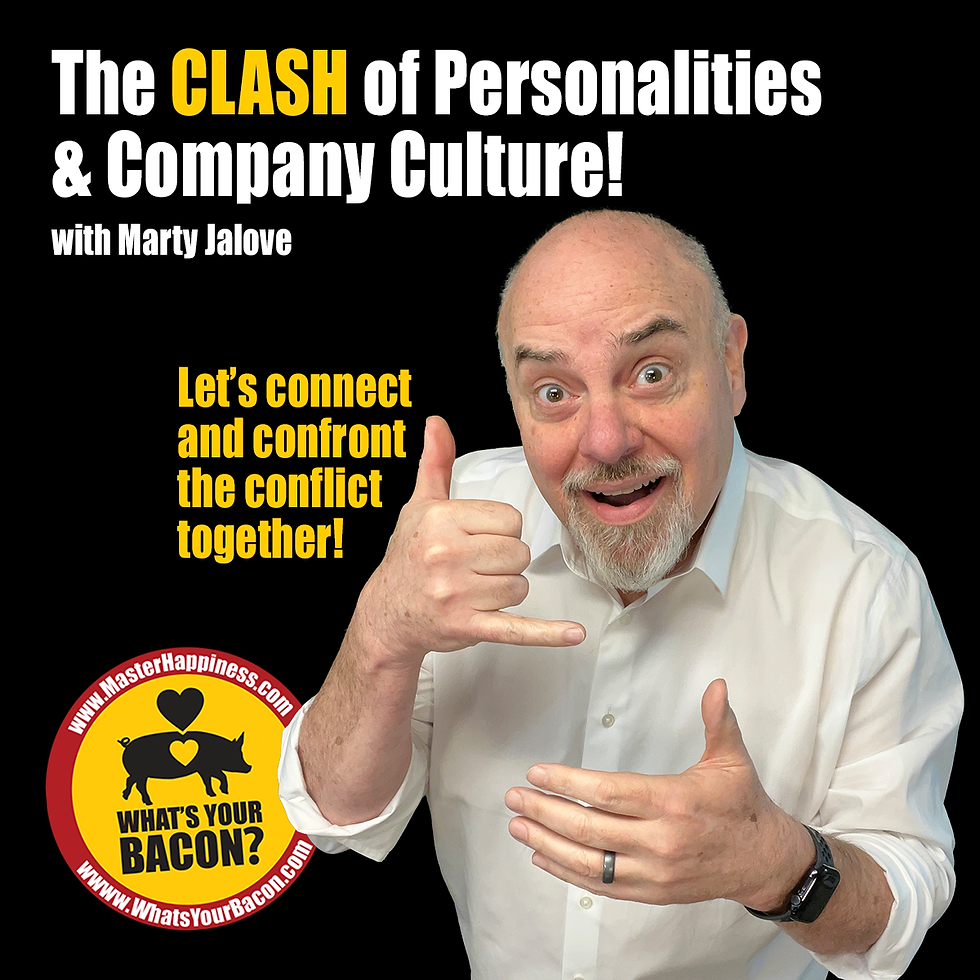
It might be worth considering the role of an external company coach or advisor. Sometimes, a fresh set of eyes and an impartial viewpoint are indispensable in addressing personality-culture dynamics. A company coach devoid of any emotional investment can assist in navigating the complex web of workplace interpersonal relations and offer strategies for resolution. This individual can act as a facilitator for open dialogue, provide impartial assessments, and offer recommendations that might be challenging for internal stakeholders to detect or address. With the well-being of the company at heart, expert intervention may well be the key to unlock sustainable solutions for a more cohesive workplace.
The pathway to addressing personality-company culture clashes is a continuous one, marked by ongoing dialogue, reflection, and action. By doing so, businesses can not only rectify immediate issues but also lay the groundwork for a resilient and flourishing work community.
If you are having a difficult time in starting and continuing meaningful employee conversations, download the BACON Meeting Worksheet and use it as an outline for purposeful conversations. CLICK HERE TO DOWNLOAD
Marty Jalove of Master Happiness is a Corporate Coach, Business Consultant, and Marketing Strategist that helps small businesses, teams, and individuals find focus, feel fulfilled, and have fun. Master Happiness stresses the importance of realistic goal setting, empowerment, and accountability in order to encourage employee and customer engagement and retention.
The secret is simple: Happy Employees attract Happy Customers and Happy Customers come back with Friends.
Learn more about Master Happiness at www.MasterHappiness.com or www.WhatsYourBacon.com



Comments